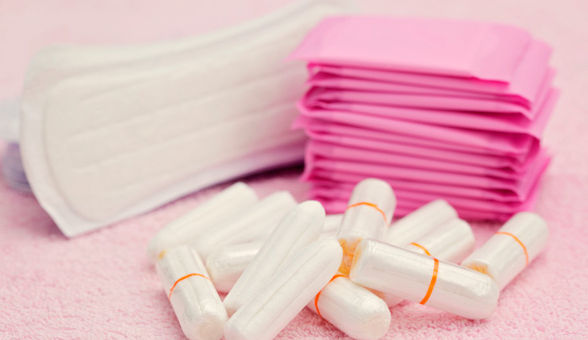ERIN BAKER; Online Copy Editor; bakeree@plu.edu
Walking into a Pacific Lutheran University residence hall restroom, you see stalls, showers and a usual container of condoms sitting on the counter. These condoms are free for anyone because safe sex is great sex, right?
Toilet paper, paper towels and condoms: these are all free sanitary items. If these sanitary items are free for students, it seems odd that tampons and pads aren’t. After all, menstruation is a messy business.
Due to the inevitability of menstruation, tampons and pads should be in public restrooms and be available for free on college campuses. Menstruating bodies should not be denied sanitary products for a process that is much harder to avoid than consensual sex.
To understand the necessity of free tampons and pads, it’s crucial to understand the effect periods have on a person’s daily life. The combination of societal stigma surrounding this monthly visitor and the accompanying health hazards make the availability of menstrual sanitation supplies incredibly crucial.
People who menstruate are taught from a young age to be ashamed of their periods. Many schools hide away tampons and pads in the nurse’s office. The implication of this practice is that menstruation, an experience many people share, is a problem that should be kept private. As a result of this practice, adolescents on their periods draw unwanted attention to themselves whenever they make the walk to the nurse’s office.
The stigma attached to periods has serious ramifications beyond adolescence. According to the Huffington Post, tampons and pads are on the list of products considered to be “luxury goods.” This has resulted in legislation that limits access to menstrual sanitation products, most notably the notorious “tampon tax.” The misconception that menstruation is a luxury demonstrates lack of understanding of how periods work.
Let’s think about what a period is like. Periods essentially consist of one’s insides shedding themselves every month. They can come unexpectedly, sometimes at work or at school. When rushing to the restroom, people with periods might not have a tampon or pad with them. Even if they do, they might wear that single pad or tampon for far too long, simply because they don’t have another one. This could lead to medical difficulties, such as life-threatening Toxic Shock Syndrome.
As a cisgender woman, I deal with the struggle of concealing periods. Having tampons and pads being deemed as luxury items makes them that much more difficult to obtain. I believe if tampons and pads were readily available in PLU bathrooms, much like condoms are, not only would people who menstruate have the necessary hygiene products to prevent infection, but the negative stigma surrounding periods would significantly decrease in our community.
After all, a safe period is a great period.

























